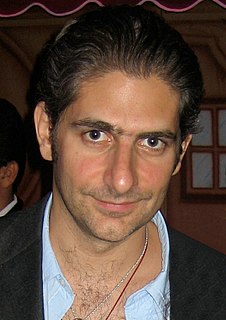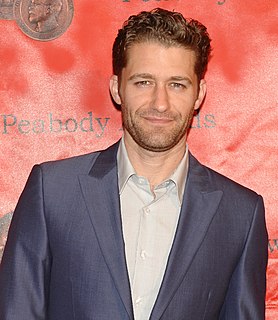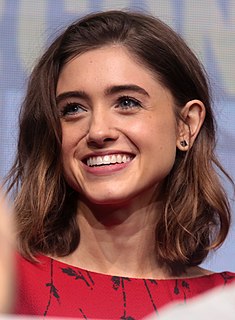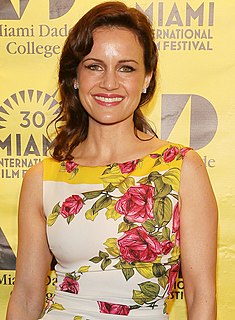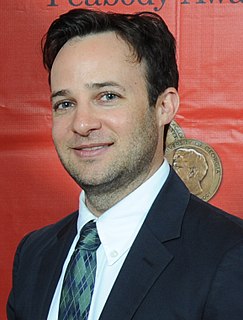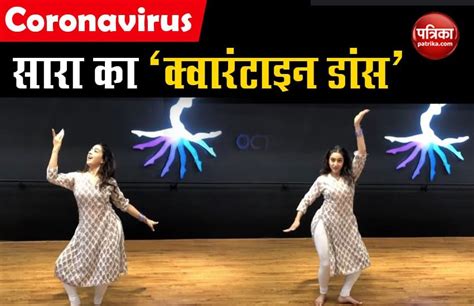A Quote by Zach Woods
I think that if you're improvising on TV, it's a great way to help the dialogue between actors and writers.
Related Quotes
I certainly don't feel there's a distinction to be made between a television and a film actor. I think there's a distinction between great actors and not so great actors. But I really think if you watch a person working in television give a wonderful performance, that person is f - ing great, because there is no time.
There are some great writers who are great talkers, but there are more great writers who are not great talkers. People seem to think there is some connection between talking and writing, but I love to talk and if there were some connection between the two of them I would be the most prolific writer in the history of the world.
I think people are going to places that they weren't able to with television before, and I think Netflix really paved the way for that. With freedom comes better content, and with better content comes great actors and a bigger audience. I think that has just snowballed into a movement for making really great TV.
I guess when I was younger, I'd have assumed that in 2008 music would be full of great writers following in the tradition of the young great writers of the '60s and '70s, but it hasn't turned out that way, or at least there are no other writers around that I look at and think: 'Wow, I'm outclassed, I need to get out of this business.'
When we were doing 'Freaks and Geeks', I didn't quite understand how movies and TV worked, and I would improvise even if the camera wasn't on me. I thought I was helping the other actors by keeping them on their toes, but nobody appreciated it when I would trip them up. So I was improvising a little bit back then, but not in a productive way.
Stuff that happens to you in your life when you're shooting a TV show, you have to be careful, because it might end up in the show. And that's what I think is the neat thing about TV: how alive it is, and how the writers respond to the stimulus that they're getting from the actual actors. Whereas a movie is more hermetically sealed.



